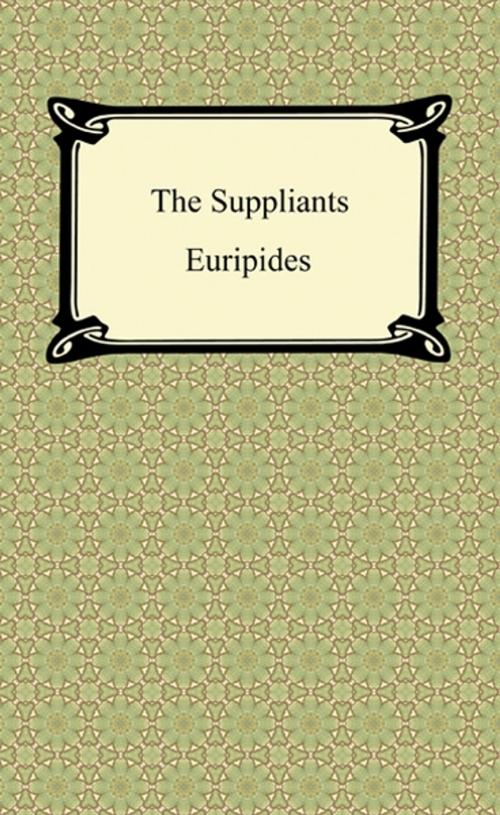| Author: | Euripides | ISBN: | 9781420904185 |
| Publisher: | Neeland Media LLC | Publication: | December 15, 2009 |
| Imprint: | Digireads.com Publishing | Language: | English |
| Author: | Euripides |
| ISBN: | 9781420904185 |
| Publisher: | Neeland Media LLC |
| Publication: | December 15, 2009 |
| Imprint: | Digireads.com Publishing |
| Language: | English |
Though little is known for certain of his early life, Euripides was probably born around 460 b.c.e. to the farmer Mnesarchus and his wife Clito, and his studious nature quickly led him to a literary life in Athens. His work sticks out from that of his contemporaries for his attention to the political and social problems around him, although he never held public office. His plays are often ironic, pessimistic, and display radical rejection of classical decorum and rules. "The Suppliants" is one of Euripides' anti-war plays, and deals with a common Greek theme of leaving an enemy's dead body unburied. This story, about Adrastus and the Argive mothers against Creon of Thebes, explores the inhumanity of war, grief, and the merits and demerits of responsible government. It also points out some positive results of peace such as economic prosperity, improved education and the arts.
Though little is known for certain of his early life, Euripides was probably born around 460 b.c.e. to the farmer Mnesarchus and his wife Clito, and his studious nature quickly led him to a literary life in Athens. His work sticks out from that of his contemporaries for his attention to the political and social problems around him, although he never held public office. His plays are often ironic, pessimistic, and display radical rejection of classical decorum and rules. "The Suppliants" is one of Euripides' anti-war plays, and deals with a common Greek theme of leaving an enemy's dead body unburied. This story, about Adrastus and the Argive mothers against Creon of Thebes, explores the inhumanity of war, grief, and the merits and demerits of responsible government. It also points out some positive results of peace such as economic prosperity, improved education and the arts.















